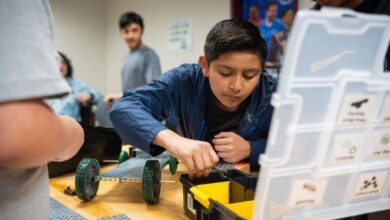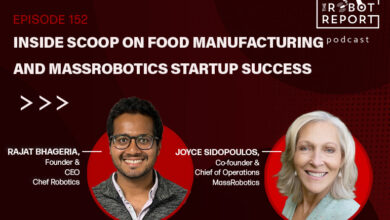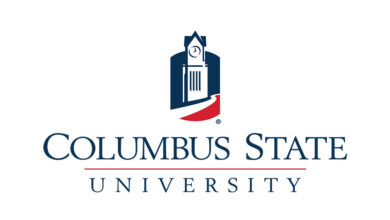FIRST Idaho teens heading to Robotics World Championship
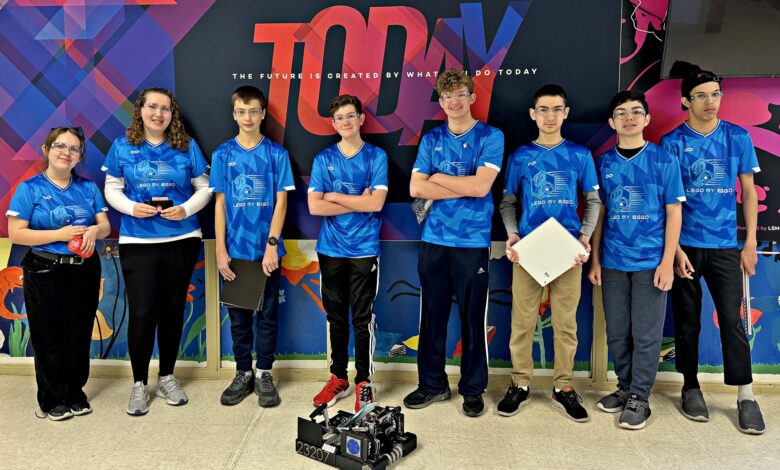
More than 60 countries will be represented at the mega-gathering April 17-20 at the George R. Brown Convention Center
In the complex world of robotics, some have labeled the competitions utilizing industrialized machines as the ultimate “Sport for the Mind.” For teams gearing up for these specialized competitive events, the draw provides a unique platform where intellect, passion and determination intersect artistically with the rigors of science and technology.
Later this month, several student teams from Idaho will travel to Houston, Texas, along with representatives from more than 60 nations and gather at the George R. Brown Convention Center to take part in the FIRST 2024 World Championship robotics competition. FIRST stands for: For Inspiration and Recognition of Science and Technology.
One of those teams, Lego my Eggo Robotics, is based out of Meridian. Bill Crabb, who oversees the group, said he believes the science, technology, engineering and math, or STEM component of the program as it is commonly referred, is the biggest and most important aspect for all teams and competitors.
“A lot of these kids don’t play traditional sports, so the competition gives them a competitive situation to learn new skills and to experience that competitive environment,” Crabb said.
An electrical engineer by trade, Crabb spends his working hours performing his duties with DC Engineering in Meridian. In his off-time, he serves as coach and mentor to the Lego my Eggo team. The eight-member squad is comprised of seven freshmen and one eighth-grader, all of whom have known each other and remained friends since their primary days attending Discovery Elementary School.
Crabb’s son, Micah, along with Olivia Anthony, Annika Buisman, Oliver Craycroft and Ben Wood attend Owyhee High School. Seth Little, Meridian High School, Wyatt Thompson, Meridian Technical Charter School, and Spencer Thompson, the lone eighth-grader from Sawtooth Middle School round out the team.
According to Crabb, the team and his ultimate involvement with the robotics crew came together about five years ago when the kids were duly inspired by a FIRST Idaho presentation they attended at their elementary school. Once the kids were hooked, so was he.
“I initially started out as a financial supporter,” he said. “Plus, my company has always supported us, and we had a conference room and WiFi and the space to meet.”
On the financial side of the equation, it’s anything but robotic and nothing short of costly getting eight kids and an advisor to Houston and putting them up in a hotel for several days. As Crabb tells it, he pulled every favor and hit up every small business he could, in addition to the Idaho STEM Action Center, which intentionally sets monies aside to help teams fund their trips.
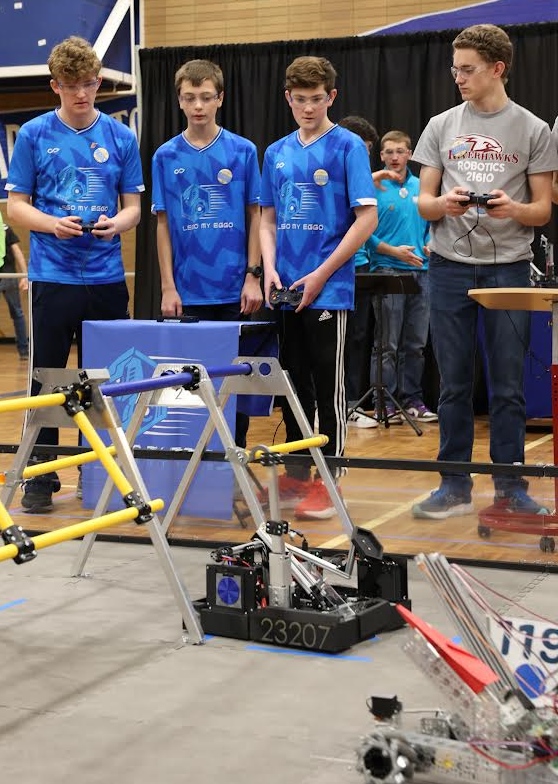
After competing in the FIRST Lego League for four years, Crabb’s crew evolved and now competes in the FIRST Tech Challenge competitions.
FIRST was founded in 1989 by inventor Dean Kamen, widely recognized as the inventor of the insulin pump. Based out of Manchester, New Hampshire, the nonprofit works to design accessible innovative programs that aim to motivate young people to pursue viable STEM-based careers.
FIRST Idaho serves as the local chapter of the internationally recognized organization. Teams in Idaho have been competing as part of the FIRST international organization since 2011. Lisa Lalliss-Skogsberg, the group’s executive director, knows the value of the program firsthand.
Both her son, John, and daughter, Arlee, took part in the FIRST program during their high school days. However, she says one does not need to be an engineer to be part of this valuable life-changing program.
“My daughter served as the graphic designer for her team at Mountain View High and did all the branding and graphics,” Lalliss-Skogsberg said. “After completing a Visual Arts Illustration major at Boise State University, she is now proudly heading into the world of animation.”
Meanwhile, John, also a proud Bronco, is perusing a dual major in Mechanical Engineering and Games, Interactive Media & Mobile Technology (GIMM). He is completing his post-secondary schooling courtesy of a FIRST scholarship made available to engineering majors.
With an abundance of support from a multitude of Fortune 500 corporations, educational and professional institutions, FIRST helps provide in excess of $50 million in college scholarships annually to students on an international level.
For Coach Crabb, the role of coach and mentor for the Lego my Eggo team is a natural fit. With no such robotics programs in his days, he says he grew up as one of those kids who was just good at “taking things apart and understanding how they worked.” Plus, math and science came easy to him. His two-decade career in the electrical engineering field serves as both an added bonus and an inspiration in his leadership duties as his team prepares for competition.
“The kids on our team have a significant edge when they go to apply for colleges,” said Crabb. “They have all these accomplishments that will give them a leg-up over others.”
Additionally, the World Championship competition exposes students to an array of entities that could one day impact their futures, including Ivey League schools, major engineering firms, defense contractors and even NASA.
Despite the enormity of the program and the international competition, Crabb recognizes and understands the importance of kids still being kids. Or as he likes to say, “If there is music they’re dancing.” Translation: learn and have fun.
For him, the best part is watching students grow.
“Even though the kids are learning complicated, difficult technical skills that they will be able to use, there is still the emphasis of kids being kids and having fun and goofing off,” he said.
Added Lalliss-Skogsberg: “This program is one of kindness and cooperation. In fact, Woodie Flowers, who helped co-found FIRST with Dean Kamen, coined the term ‘co-opertition’ which emphasizes kids competing at their best and most excellent capabilities.”
And sometimes, one’s best efforts fall into the category of “failure leads to success.” Crabb adamantly believes that on the occasions when kids come up short, it provides them with the resiliency to keep trying, a trait that he feels will successfully prepare them for living and working in the real world.
“We have kids who would say, ‘I’m not being successful, I’m not contributing,’ but they all have skills and we find ways for them to fit in with the team,” Crabb said.
First and foremost, the result is that FIRST programs significantly impact both students and those who choose to serve as mentors and coaches. Or as Crabb pointed out, the students will continually cycle through but a lot of the mentors choose to stay long-term.
“This is an Idaho, nationwide, worldwide opportunity for people to give back to the next generation,” he said.
And pairing aspiring students with professionals from an array of industries helps better prepare young people for productive career opportunities while at the same time enhancing workforce development.
As both a parent and executive director of FIRST Idaho, Lalliss-Skogsberg has enjoyed a front-row seat in observing how students widely benefit socially and academically from taking part in this one-of-a-kind program.
“For a lot of kids this is their tribe, this is where they belong,” she said. “They’re comfortable and the competitions give these brilliant kids a place to belong and to be with other like-minded kids.”
Those interested in mentoring opportunities or providing financial assistance as a recognized sponsor can contact Lisa Lalliss-Skogsberg at firstidahorobotics.org for more information.

